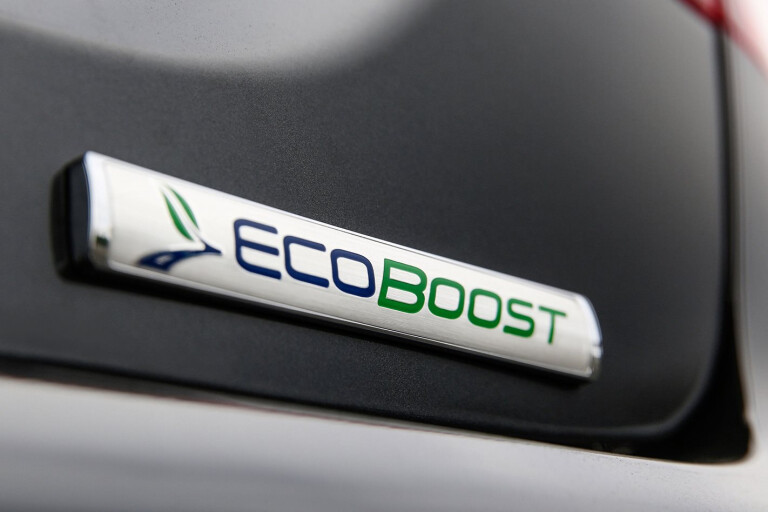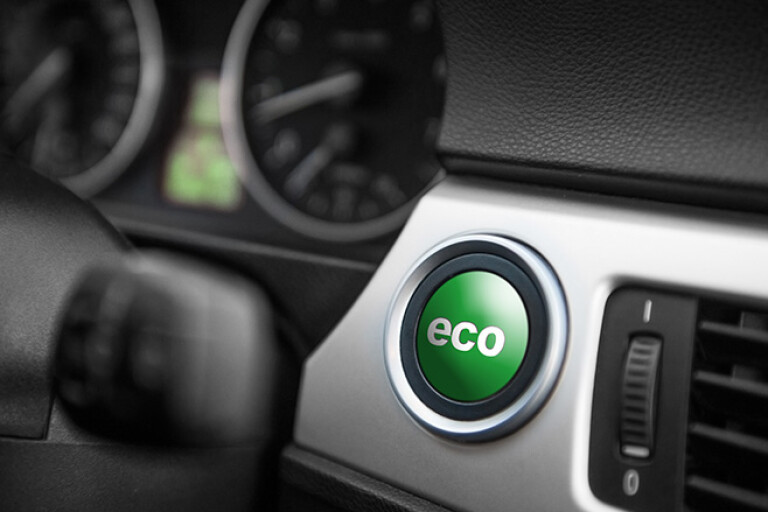
More than 80 percent of Australian drivers rank fuel efficiency as their top priority when purchasing a new vehicle, according to the results of an extensive consumer survey by Ford.
The survey of more than 9500 drivers in 11 markets across the Asia Pacific region (to help promote Ford’s Ecoboost engines) also found almost one third (29 percent) of drivers who currently own a powerful car say that they regret not purchasing a more fuel-efficient vehicle.
And while 80 per cent of Australian drivers made a concerted effort to drive efficiently on a daily basis, most weren’t able to correctly identify a significant number of simple steps towards reducing fuel consumption.
For example, 33 per cent of drivers didn’t know that that harsh acceleration and braking can have a dramatic effect on their car’s fuel consumption. Other misconceptions included:
- 70 percent of drivers were unaware that cruise control can deliver fuel efficiency benefits
- One in three Australian drivers was unaware that regular maintenance and keeping tyres inflated helps save fuel
- 40 percent of respondents didn’t know that driving in hilly terrain can hamper fuel consumption
- Less than half (47 percent) of those surveyed knew that removing heavy items or clutter from the car can help save fuel.

Ford Australia President and CEO Graeme Whickman said the survey was conducted to get a better understanding of what drivers know about fuel economy and how they choose their vehicle.
“The results show there is quite a lot of confusion amongst Australians about what constitutes fuel-efficient driving,” he said.
“Understanding how to drive efficiently is very important as drivers continue to be sensitive to fuel costs, no matter what the price is at the pump.”
This all coincides with a general wariness about Australian fuel prices. More than three quarters (78 percent) of respondents say they don’t trust fuel prices to stay stable over the next year, which is 30 percent more than the Asia-Pacific average.
As a result, drivers are starting to change their behavioural patterns. More than 34 percent of consumers are planning on driving less over the next 12 months and 22 percent say that they will change their driving habits to use less fuel.
Many consumers who are planning to buy a new car in the next year are considering more fuel-efficient vehicles, with 32 percent planning to buy a vehicle with a more fuel-efficient engine than their current car while 23 percent plan to downsize to a smaller vehicle.
COMMENTS